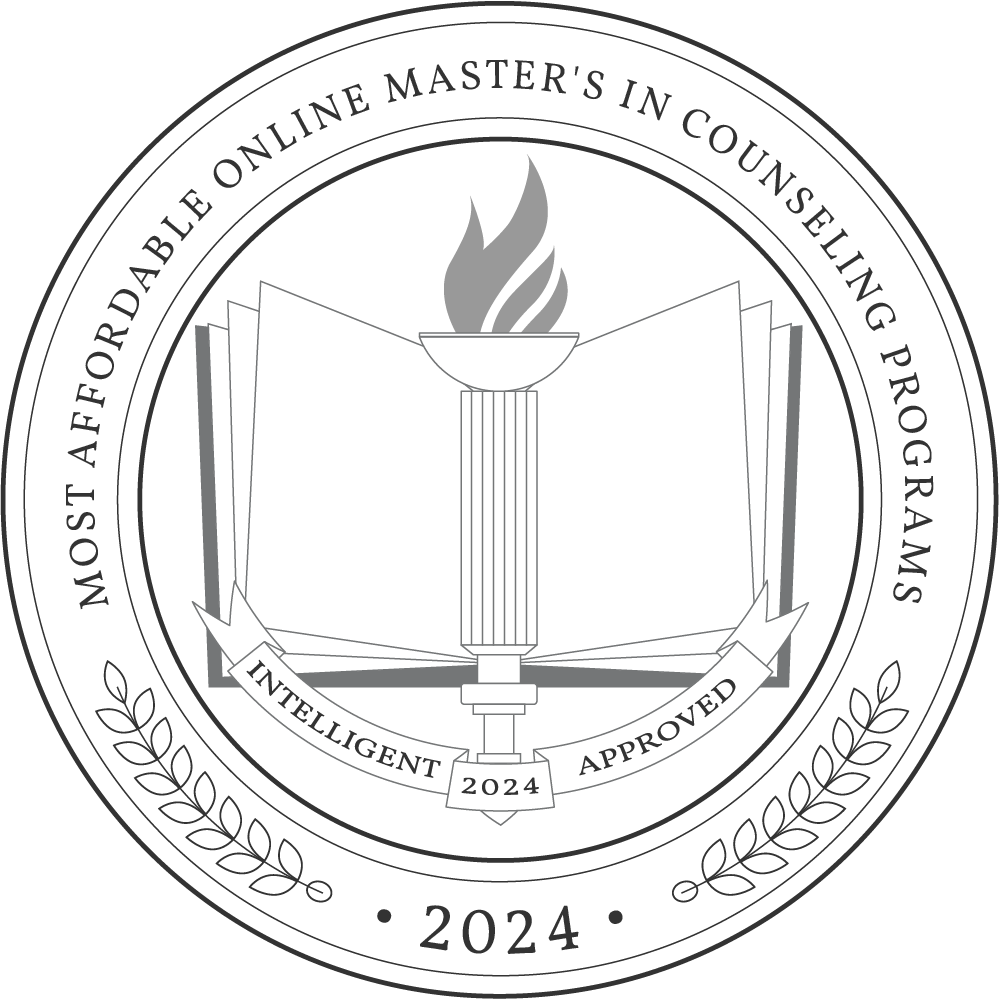Pursuing an online master’s degree in counseling can be a transformative step towards a rewarding career, empowering individuals to make a positive impact on the lives of others. However, the financial aspect of graduate education is a crucial consideration for many prospective students. This article will delve into various budget-friendly alternatives for pursuing a master’s degree in counseling through online programs.
However, we understand that affordability should not come at the expense of educational quality. Here, we explore in greater detail the variables that impact the affordability of programs and the possible cost reductions that learners can achieve. By highlighting these programs, we aim to equip aspiring counselors with valuable insights and enable them to make informed decisions that align with their financial goals.
How Much Do Online Master’s in Counseling Programs Cost?
The cost of online master’s in counseling programs can vary significantly depending on several factors, such as the institution offering the program, its reputation, duration, and the specific courses taught. Generally, these programs can range in cost from around $15,000 to $60,000 or more.
Students looking to save money on their education will do well to select an affordable program that falls within the lower end of this price range. These programs often provide quality education while being more cost-effective for students. While the specific savings will vary, attending a more affordable program can help students save several thousand dollars compared to more expensive alternatives.
For example, suppose Program A costs $30,000 for its entire duration, while Program B costs $45,000. By choosing Program A, a student would save $15,000. This amount can be significant and may provide financial relief, especially considering that pursuing a master’s degree is a substantial investment.
However, it’s essential to consider other factors when choosing an online counseling program beyond just the cost. Factors such as accreditation, curriculum quality, faculty expertise, internship opportunities, and the program’s overall reputation should also be considered. Balancing affordability and program quality is essential to ensure a well-rounded education that prepares you for a successful counseling career.
Accreditation: What To Look For
Accreditation serves as a quality assurance mechanism, meaning that accredited schools thoroughly evaluate their faculty qualifications, curriculum, student support services, facilities, and overall educational standards. By meeting these standards, accredited programs ensure students receive a high-quality education that employers and professional licensed boards recognize. In the United States, online counseling programs can have regional and programmatic accreditation.
Regional accreditation from a CHEA-recognized accrediting organization
When choosing an online master’s in counseling, it’s crucial to consider schools approved by one of the Council for Higher Education Accreditation (CHEA) recognized regional accrediting agencies. The CHEA recognizes several regional accrediting organizations in the United States, such as the Higher Learning Commission (HLC) and the Southern Association of Colleges and Schools Commission on Colleges (SACSCOC).
Broad Acceptance
Degrees earned from schools accredited by CHEA-recognized regional accrediting organizations are widely accepted and recognized by other institutions, employers, and professional licensing boards. This broad acceptance enhances the transferability of credits and increases the likelihood that your degree will be respected and valued in various contexts.
Federal Funding Eligibility
Regional accreditation requires institutions to participate in federal financial aid programs like the Pell Grant and Direct Loan programs. A school must be accredited by a CHEA-recognized regional accrediting organization to be eligible to receive federal funding. Attending an accredited institution ensures you can access federal financial aid options to help finance your education.
Institutional Reputation
Lastly, regional accreditation is often considered an indicator of institutional quality and reputation. Therefore, employers prefer candidates who have graduated from accredited institutions due to the assurance of a rigorous and recognized education.
CACREP accreditation
Attending a counseling program approved by the Council for Accreditation of Counseling and Related Educational Programs (CACREP) holds considerable importance, mainly due to the licensure requirements in many states. Graduating from a CACREP-approved program is often required for licensure because it ensures a standardized and comprehensive curriculum that meets stringent educational standards. These programs cover essential knowledge and skills necessary for effective counseling practice, in addition to focusing on developing core competencies in counseling theories, ethics, and multicultural awareness, among others.
Portability of Licensure
In addition, graduating from a CACREP-approved program can facilitate obtaining licensure in multiple states. For example, some states have reciprocity agreements or streamlined application processes for individuals who have completed their education from CACREP-accredited programs. This portability of licensure can provide flexibility and enhance career opportunities for counselors who may relocate or seek licensure in different jurisdictions.
Professional Competence
Like regional accreditation, CACREP-approved programs focus on developing core competencies for effective counseling practice. These competencies encompass assessment, diagnosis, treatment planning, and clinical skills. Graduating from a CACREP-accredited program demonstrates to employers and clients that you have received comprehensive training and possess the necessary knowledge and skills to provide competent counseling services.
Recognition and Trust
CACREP accreditation is widely recognized and respected within the counseling profession. Employers, professional organizations, and other stakeholders in the field value counselors who have graduated from CACREP-approved programs because it establishes a level of trust and confidence in the education and training received by graduates.
Our Research
This list features some of the most affordable online Master’s in Counseling programs in the country. Each school featured is a nonprofit, accredited institution, either public or private, with a high standard of academic quality for post-secondary institutions.
We evaluated each school’s program on tuition costs, admission, retention and graduation rates, faculty, and reputation. Then, we calculated the Intelligent Score on a scale of 0 to 100. Read more about our ranking methodology.
Next, we compared this comprehensive list of the most affordable online Master’s in Counseling programs to a list of aggregated college rankings from reputable publications, such as U.S. News & World Report, to simplify a student’s college search. We pored through these rankings so students don’t have to.
The 50 Most Affordable Online Master’s in Counseling Programs
